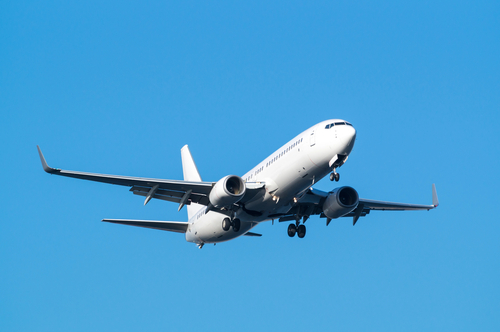
Brazilian aerospace manufacturer Embraer is charting new territory with plans to develop a jet comparable in size to Boeing’s 737 model, as reported on May 1, 2024.
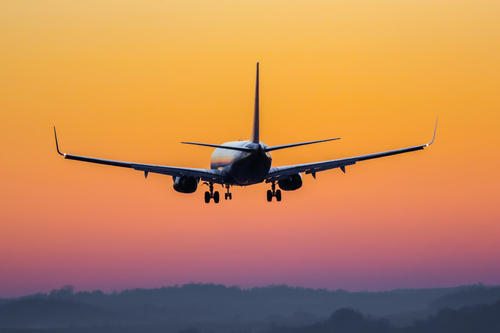
This move positions Embraer to directly compete in the market segment dominated by industry giants Boeing and Airbus.
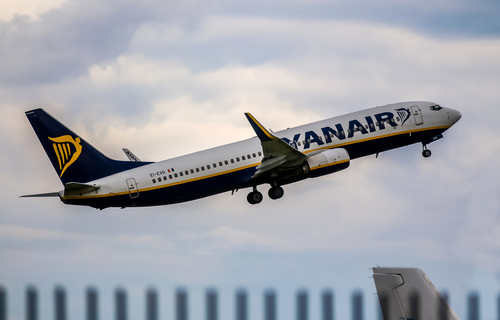
Embraer, known for its regional jets, is undertaking this step to expand its portfolio and enter the narrow-body passenger jet arena, where demand has been historically high.
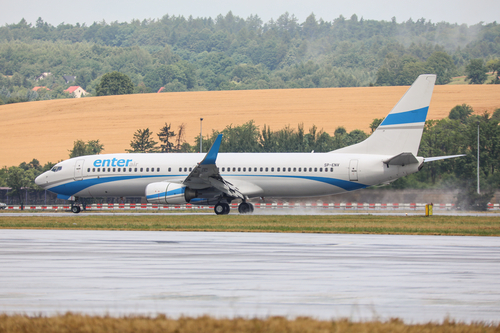
This development comes at a time when global air travel is rebounding, with airlines like Ethiopian Airlines expecting a 30% surge in passengers in the year ending June 2024, despite facing operational challenges including aircraft shortages and delivery delays.
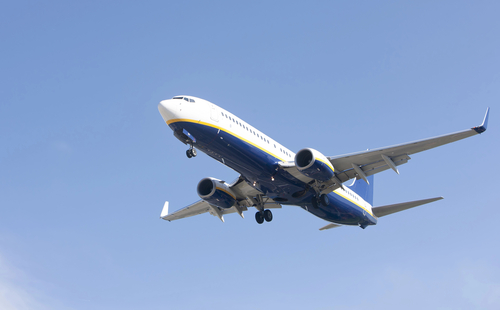
Mesfin Tasew Bekele, CEO of Ethiopian Airlines, Africa’s largest airline, highlighted the impact of these disruptions, particularly those affecting Boeing, stating, “We have a lot of challenges. For example, today we have aircraft shortage since the manufacturers, particularly Boeing, are delaying aircraft deliveries.”

These delivery problems are mainly impacting narrow-body passenger jets from Boeing, whereas the grounding is affecting wide-body aircraft utilized for long-haul travel.
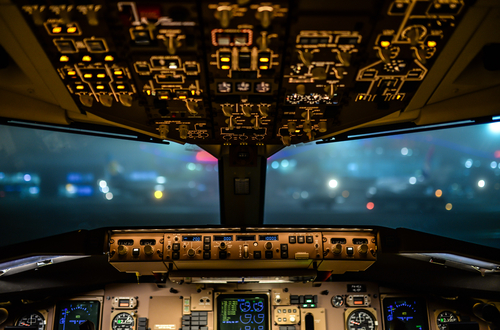
Despite the setbacks, Ethiopian Airlines maintains confidence in Boeing’s ability to resolve safety concerns.
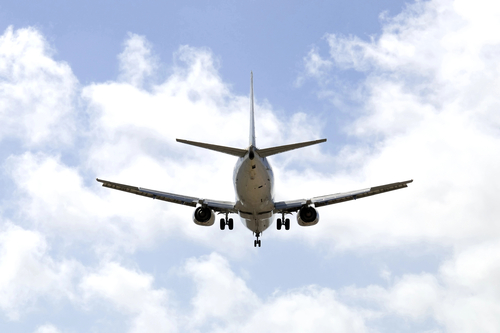
The airline is not operating the specific variant of Boeing’s MAX jets that experienced a panel blow-out earlier this year.
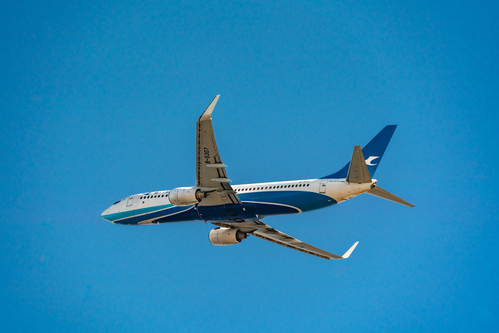
Moreover, Ethiopian Airlines is working towards a growth plan set to double its fleet and route network by 2035.
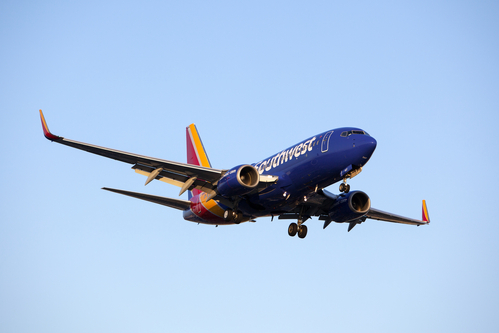
With firm orders for 70 Boeing and Airbus planes, along with options for an additional 54, the airline aims to increase its annual revenue and passenger numbers by 400% and 440%, respectively, by the target year.
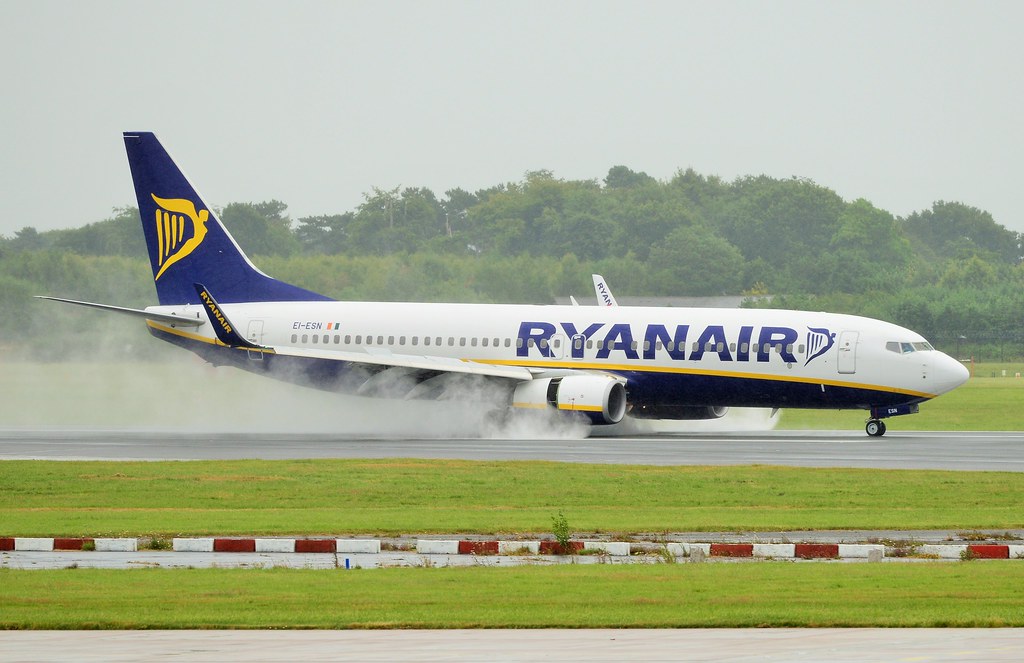
Embraer’s bold strategy mirrors the aviation industry’s focus on growth and recovery in the post-pandemic era.
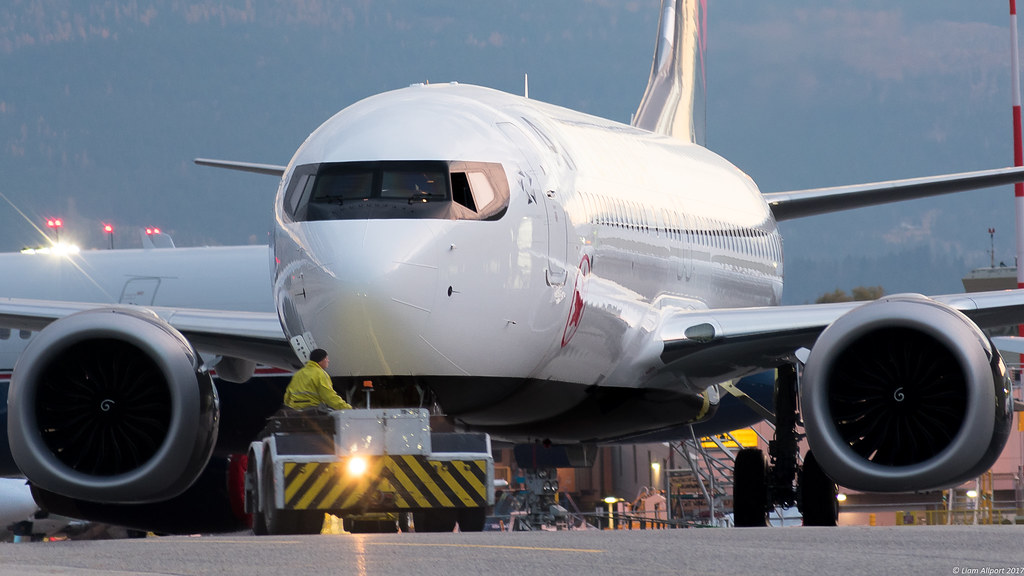
While Ethiopian Airlines enhances its operations through network expansion and increased frequencies to new destinations such as London Gatwick, Madrid, and Bangui, the airline is also investing in its cargo business.
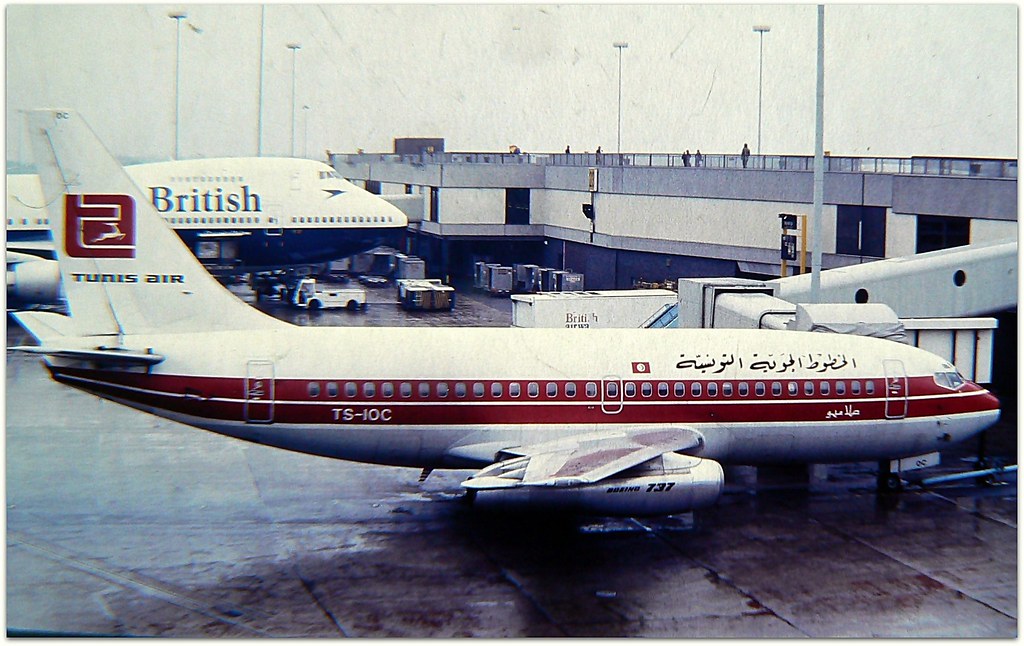
A notable $55 million investment went into an e-commerce shipments handling facility at its Addis Ababa base, targeting companies like Alibaba to cater to the burgeoning demand for e-commerce in Africa.
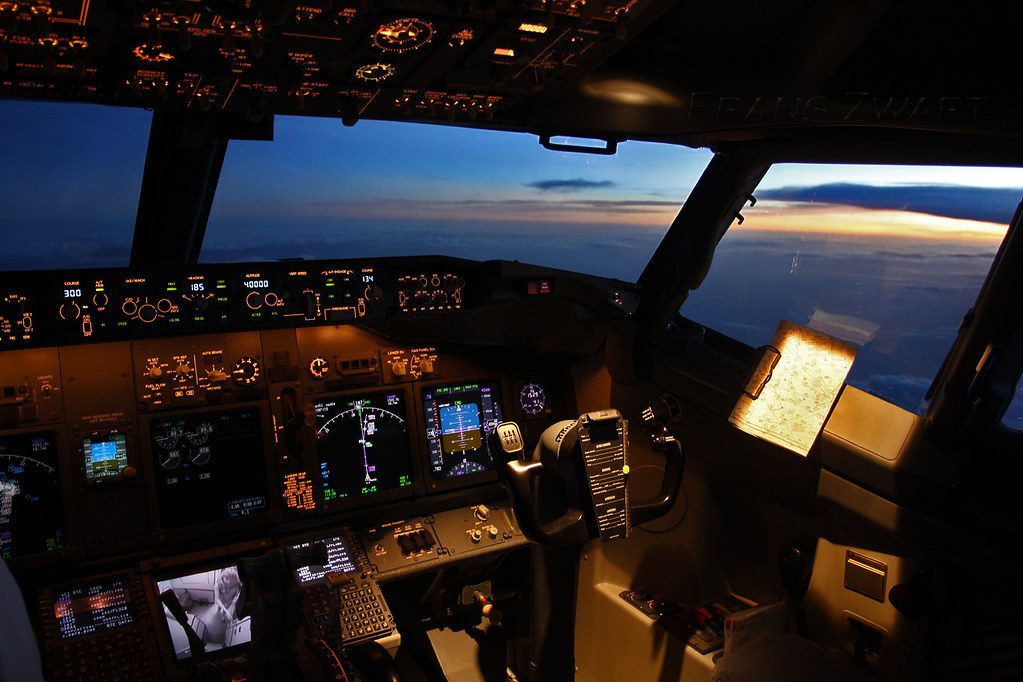
This strategic move by Embraer could reshape the competitive dynamics in the aircraft manufacturing industry by offering airlines an alternative to the Boeing 737.
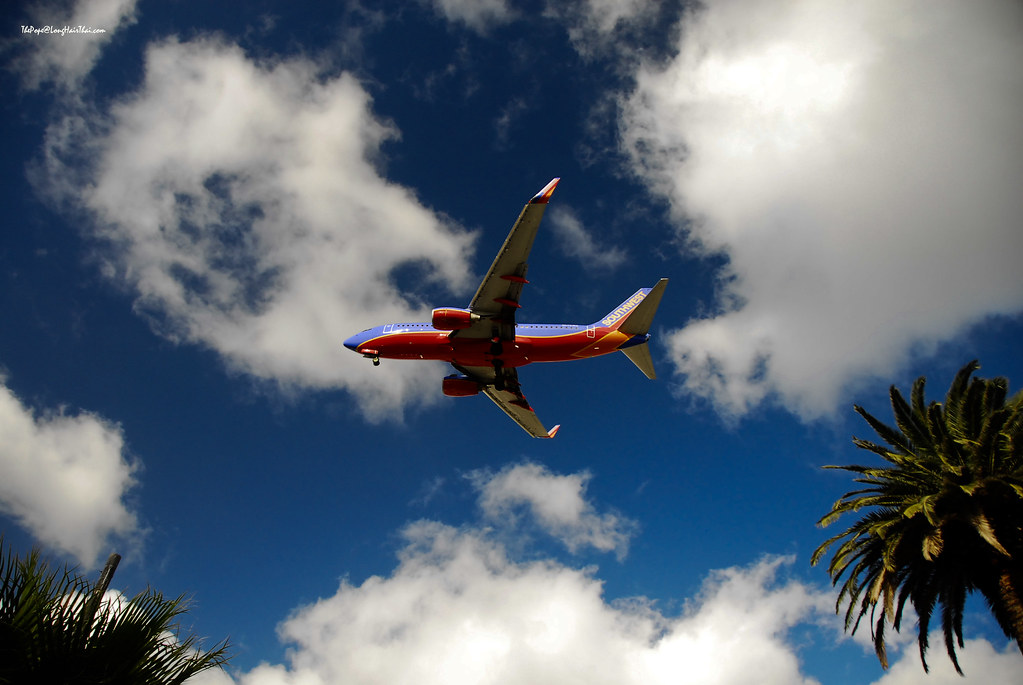
As the aviation industry continues to navigate supply chain challenges, innovations, and expansions such as these by Embraer and Ethiopian Airlines play a crucial role in defining the future of global air travel and technology.
